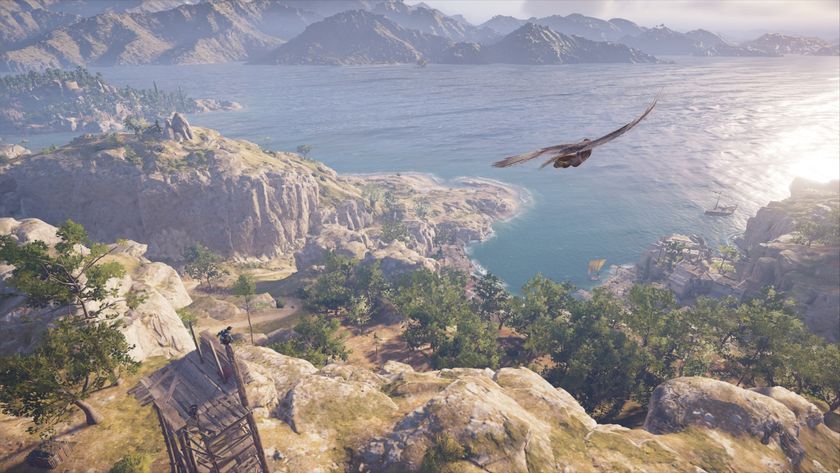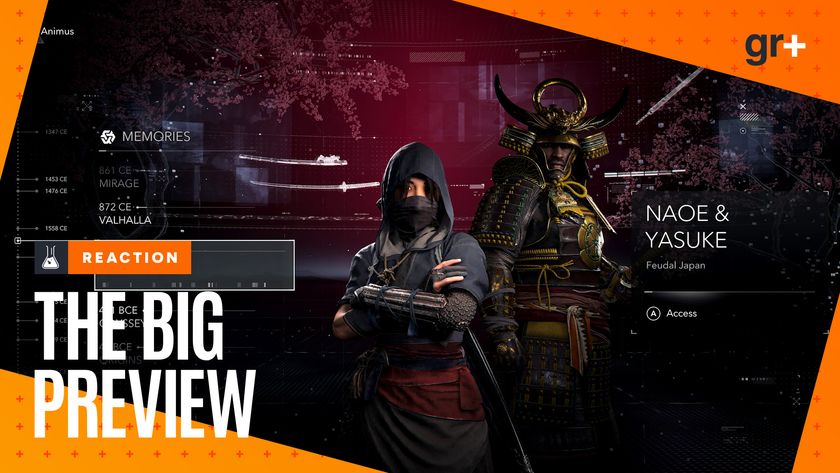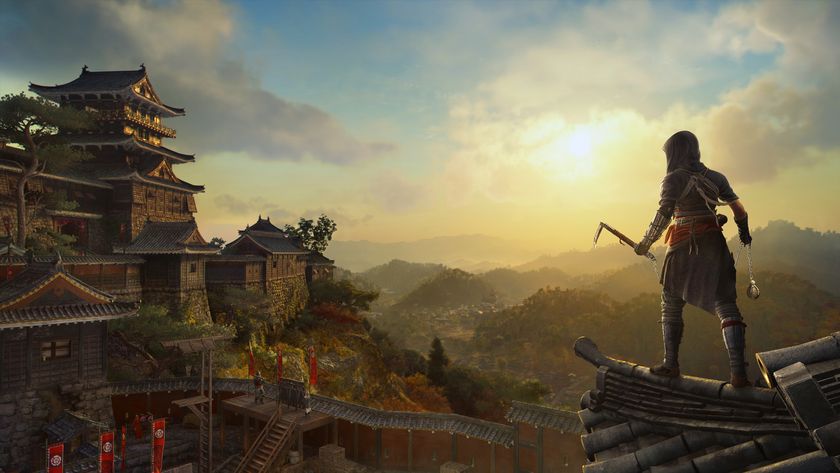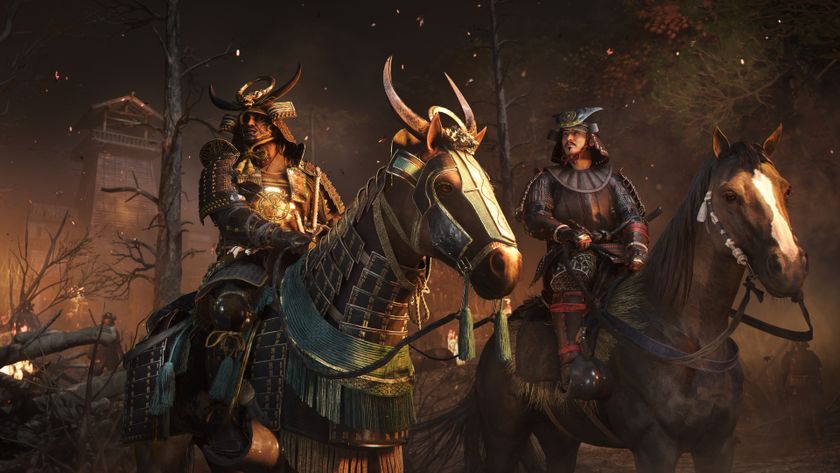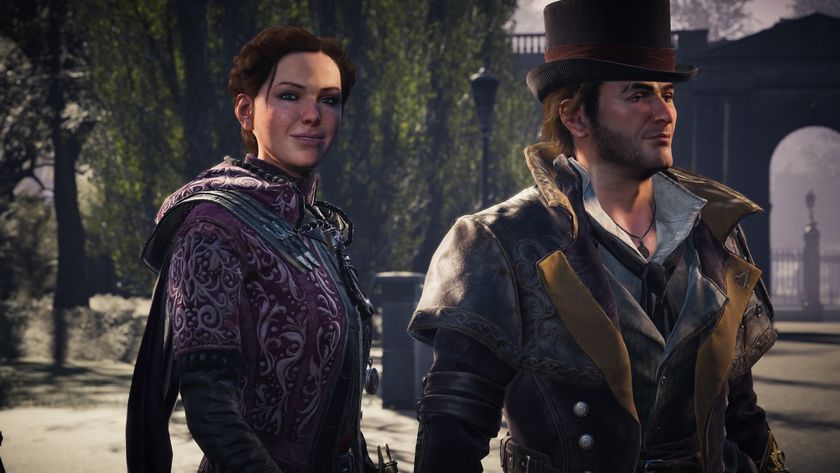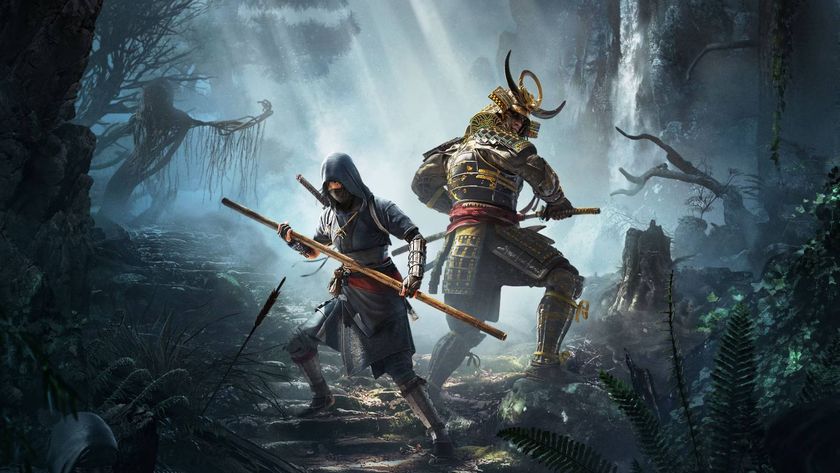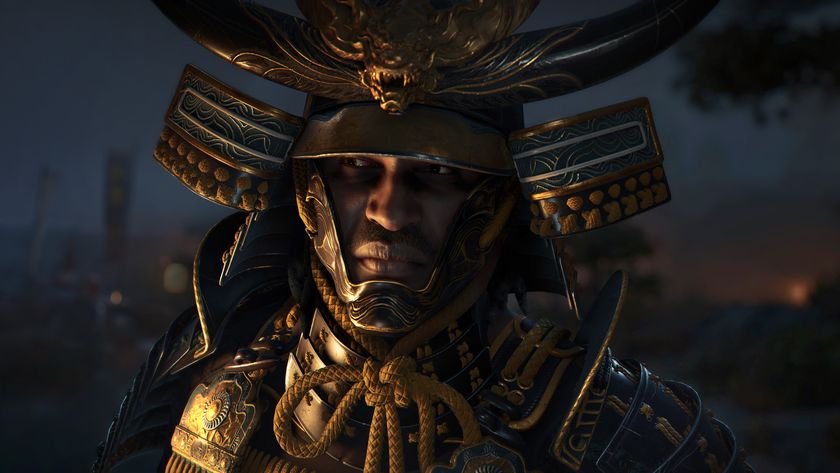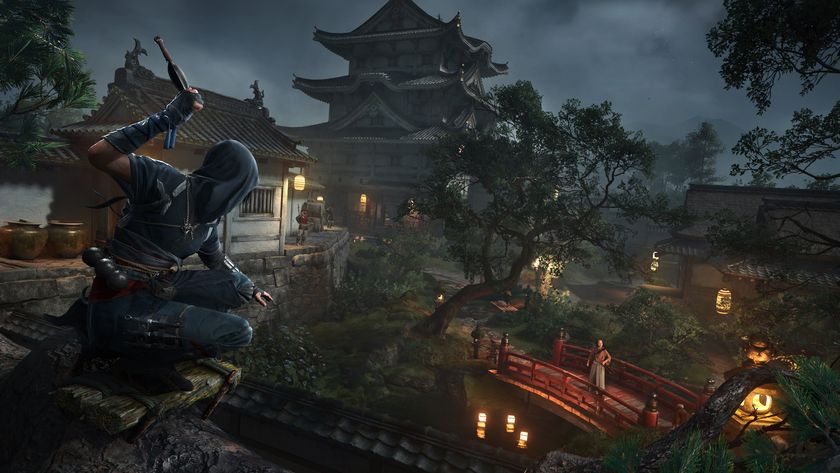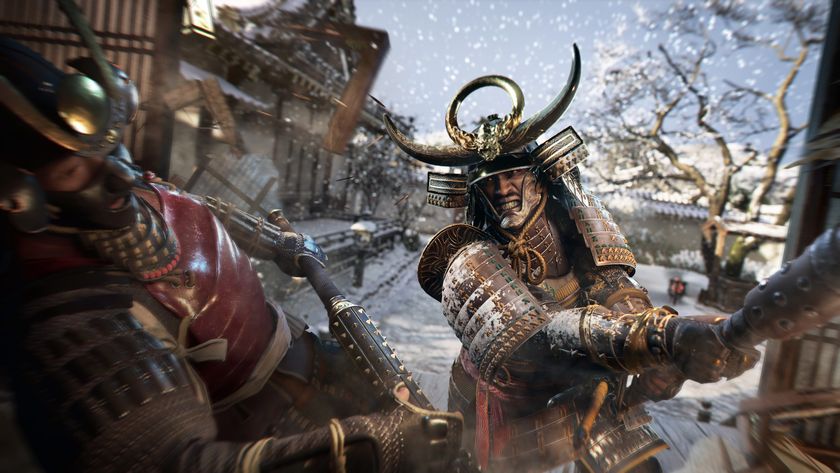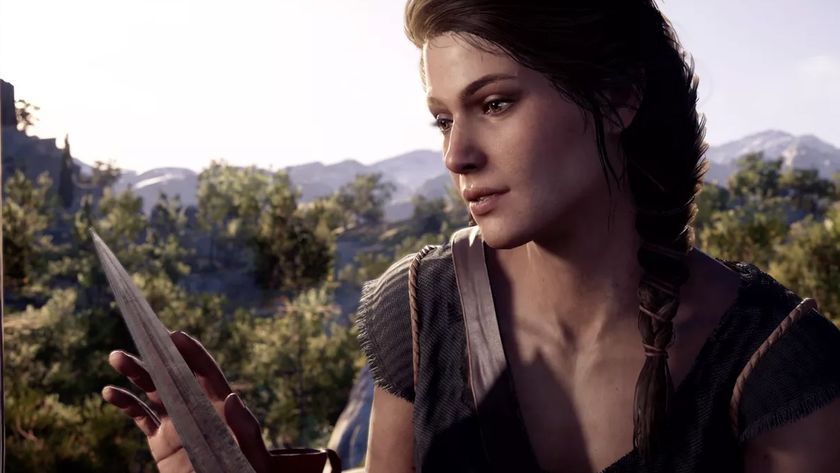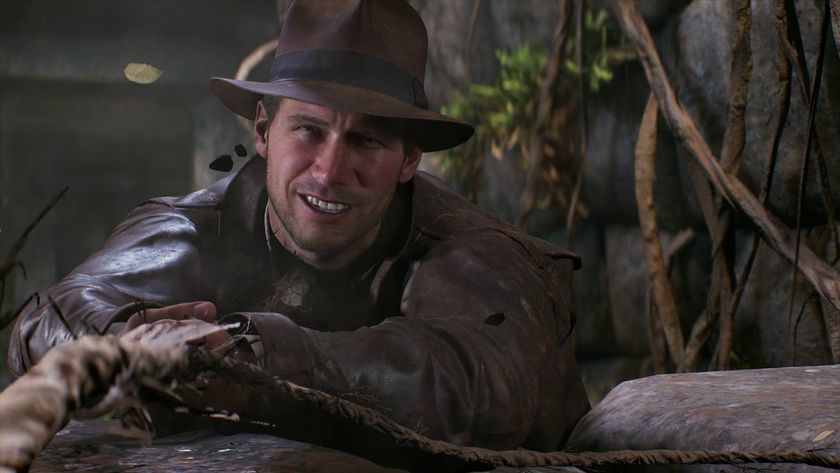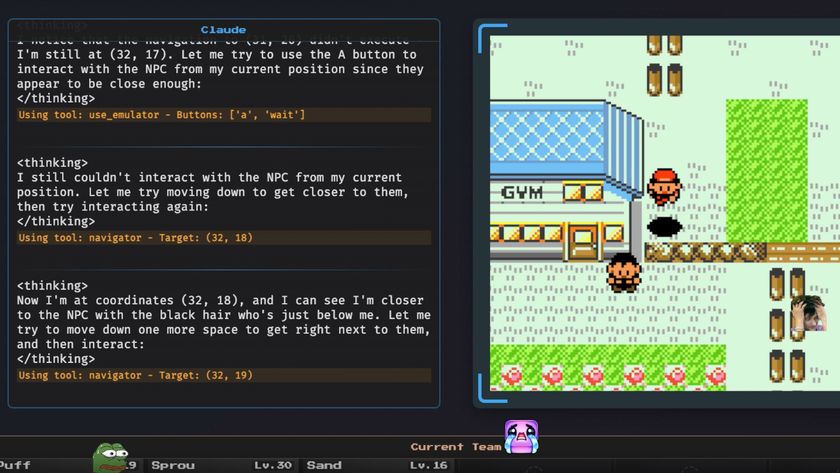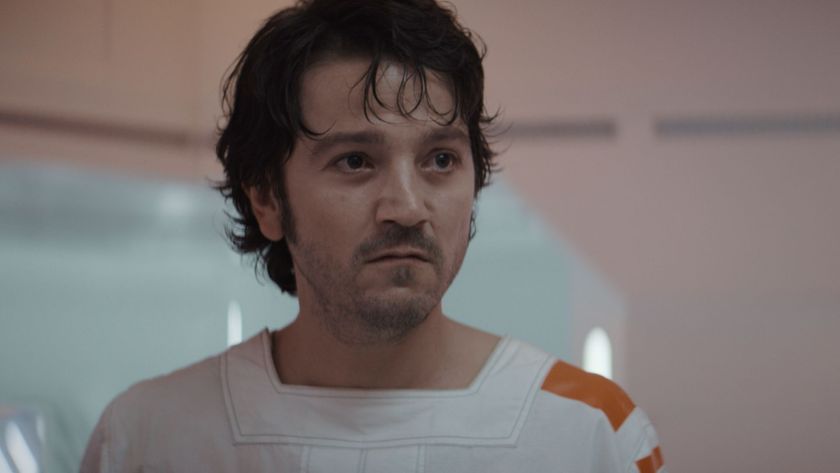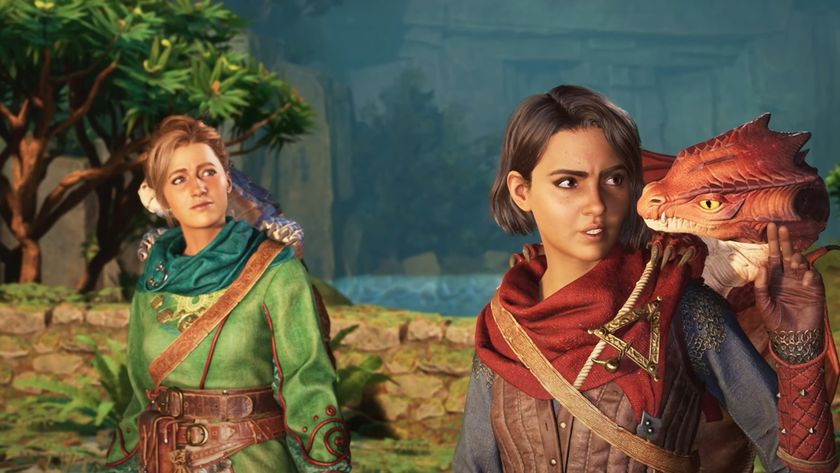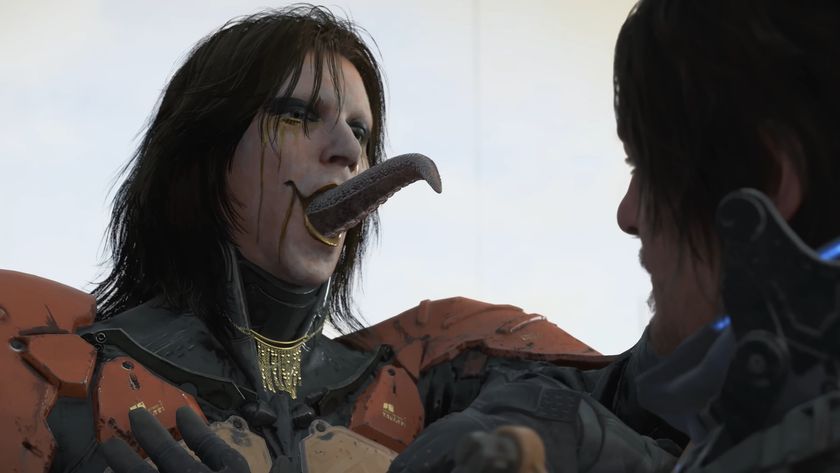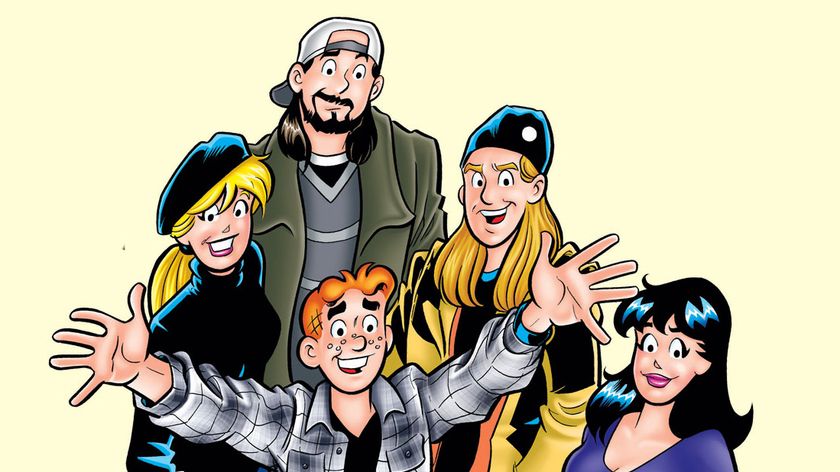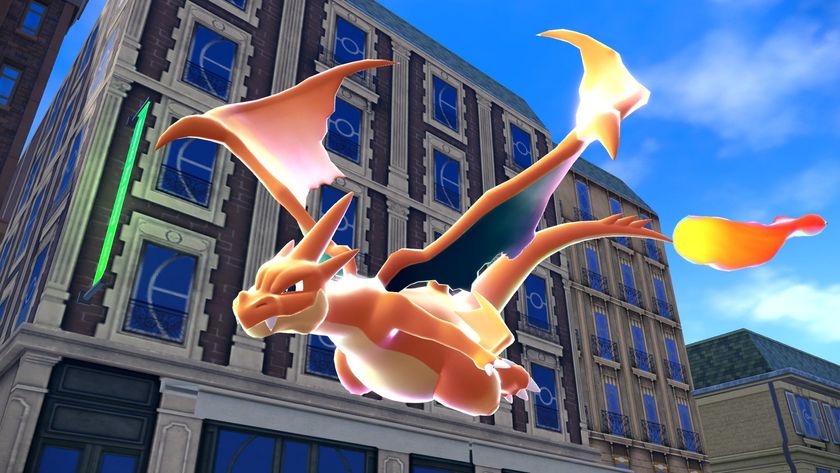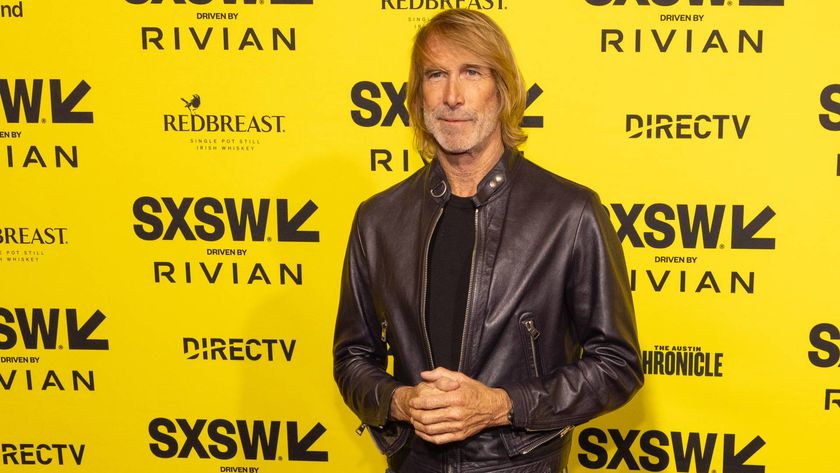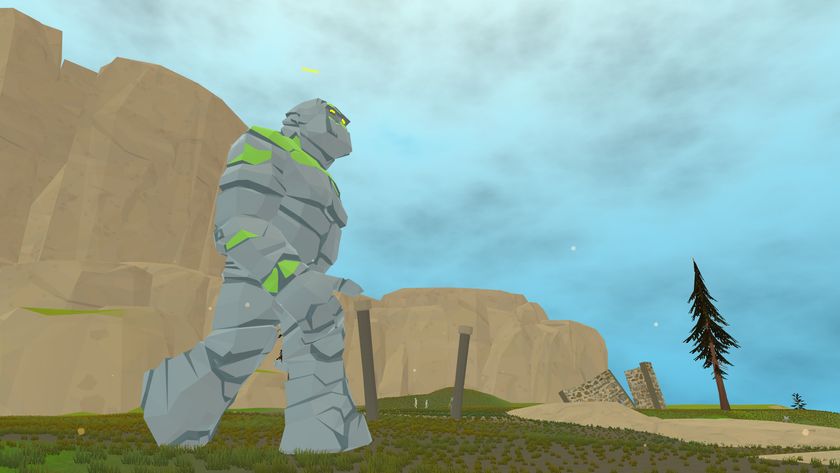Assassin's Creed Shadows aims to "restore the balance" between the series' historical and modern stories
"The modern day narrative will serve to enhance, rather than overshadow, the historical journey"
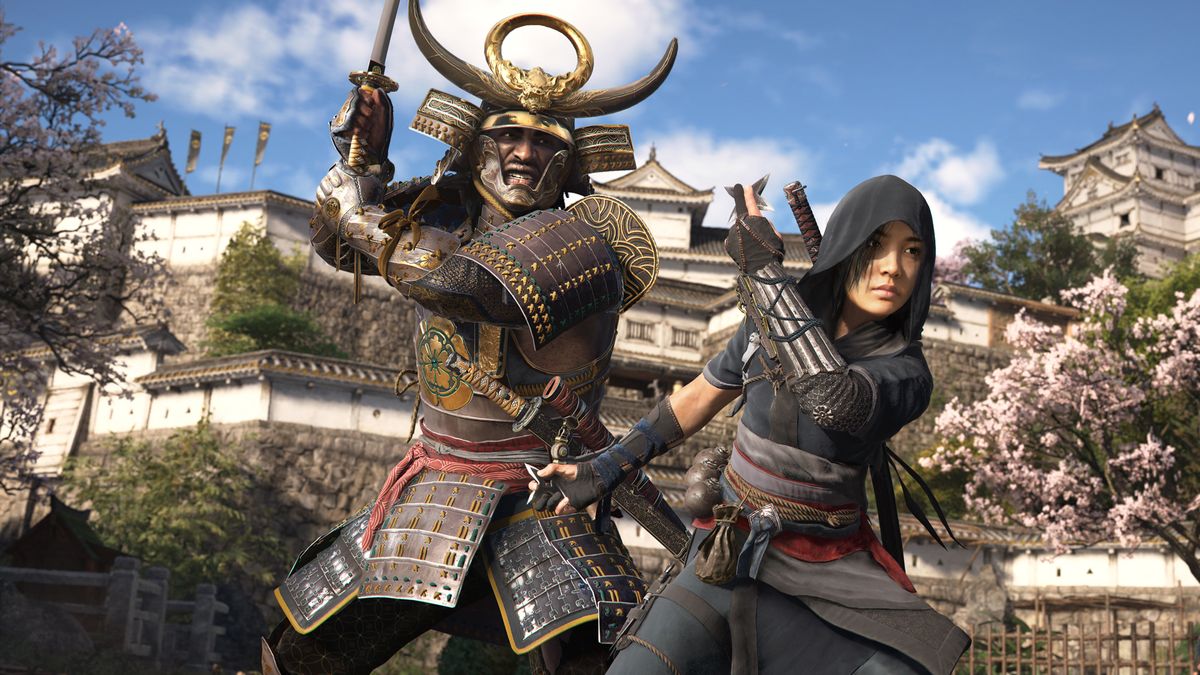
Assassin's Creed has always featured a blend of historical fiction wrapped up in modern-day conspiracy yarns, but in recent years the plot has struggled to find its focus between the two timelines. Ubisoft aims to correct the balance with Assassin's Creed Shadows.
I'm gonna need to drop a little spoiler warning if you're still working your way toward the end of 2012's Assassin's Creed 3. Still here? Good. At the end of that game, modern-day series protagonist Desmond dies, bringing a sudden end to that arc of the modern storyline. "With his death at the end of Assassin's Creed 3, we faced a creative crossroad," series executive producer Marc-Alexis Côté said in a BAFTA talk that will soon be shared to YouTube.
"Ending Desmond's arc was a difficult decision, and afterward, the modern storyline struggled to find its footing," Côté admits. "The continued focus on characters hunting for Isu artifacts made the narrative more predictable and reduced the conflict between the Templars and the Assassins to a straightforward pursuit of control over - let's be honest - magical relics.
"This shift pulled focus away from what had always been at the heart of the franchise: exploring our history. As this approach became repetitive, both players and critics felt the modern day storyline had become a secondary concern, more of a side quest, rather than an integral part of the overall experience. Furthermore, the compounded complexity of 15 years of lore built in this parallel storyline created a cognitive load that made the franchise difficult to approach for newcomers."
As the series enters what Côté calls its "third period," the team's goal is to "put history back at the center of the player's experience. The modern day narrative will serve to enhance, rather than overshadow, the historical journey by drawing meaningful contrast between past and present. We aim to restore the balance that was once the hallmark of the franchise, and help people feel this vertigo of history.
"The modern day storyline will explore deeper themes of memory, identity and autonomy, how the past shapes who we are, and how controlling this past can impact our future," Côté continues. "These themes will allow us to reflect on contemporary issues - freedom versus control, the power of knowledge and the tension between individuality and conformity - all through the lens of history. While I don't want to reveal too much, we're excited to see how this transformation unfolds. The groundwork for this new direction will take shape with Assassin's Creed Shadows, which will lay the foundation for this narrative evolution that will grow in the years to come."
Sign up to the 12DOVE Newsletter
Weekly digests, tales from the communities you love, and more

Dustin Bailey joined the GamesRadar team as a Staff Writer in May 2022, and is currently based in Missouri. He's been covering games (with occasional dalliances in the worlds of anime and pro wrestling) since 2015, first as a freelancer, then as a news writer at PCGamesN for nearly five years. His love for games was sparked somewhere between Metal Gear Solid 2 and Knights of the Old Republic, and these days you can usually find him splitting his entertainment time between retro gaming, the latest big action-adventure title, or a long haul in American Truck Simulator.

